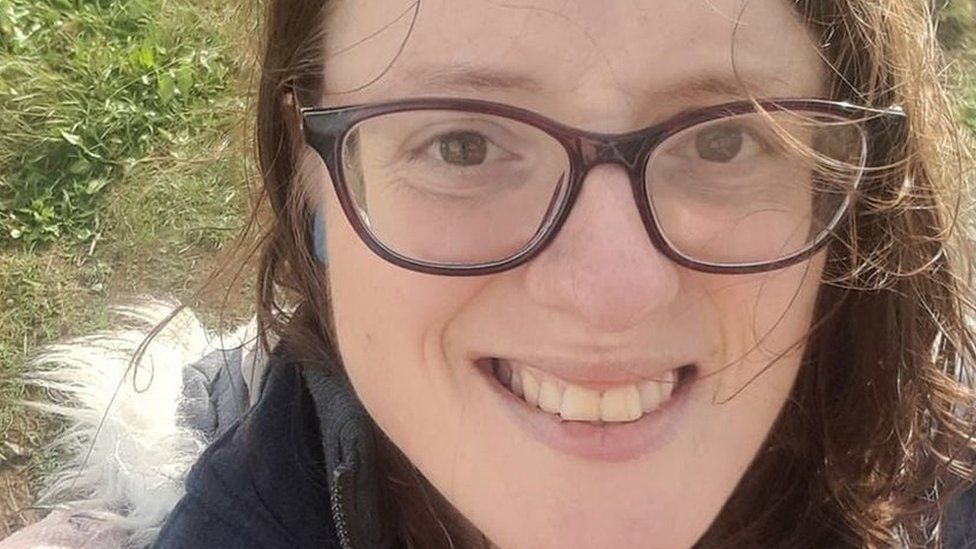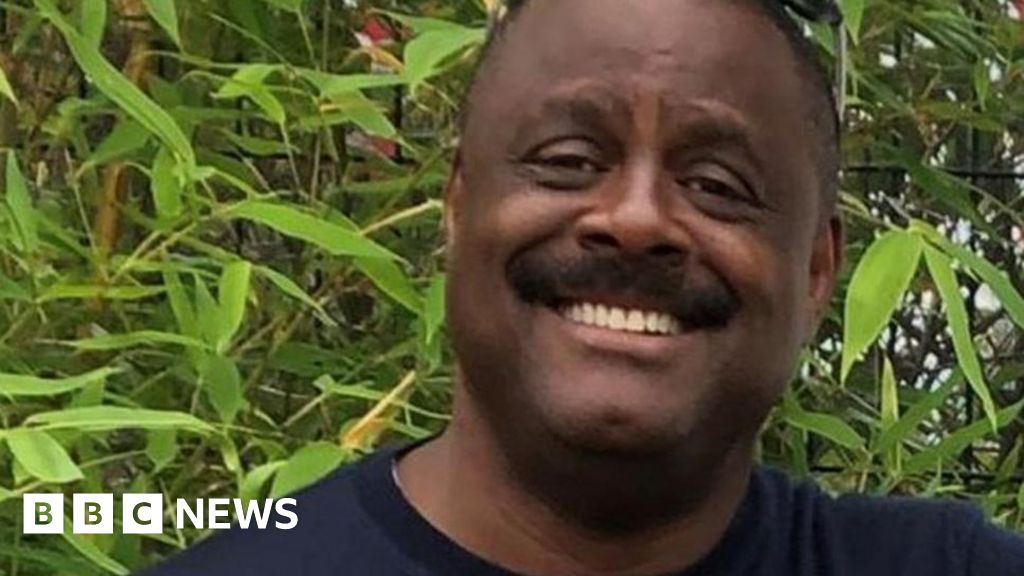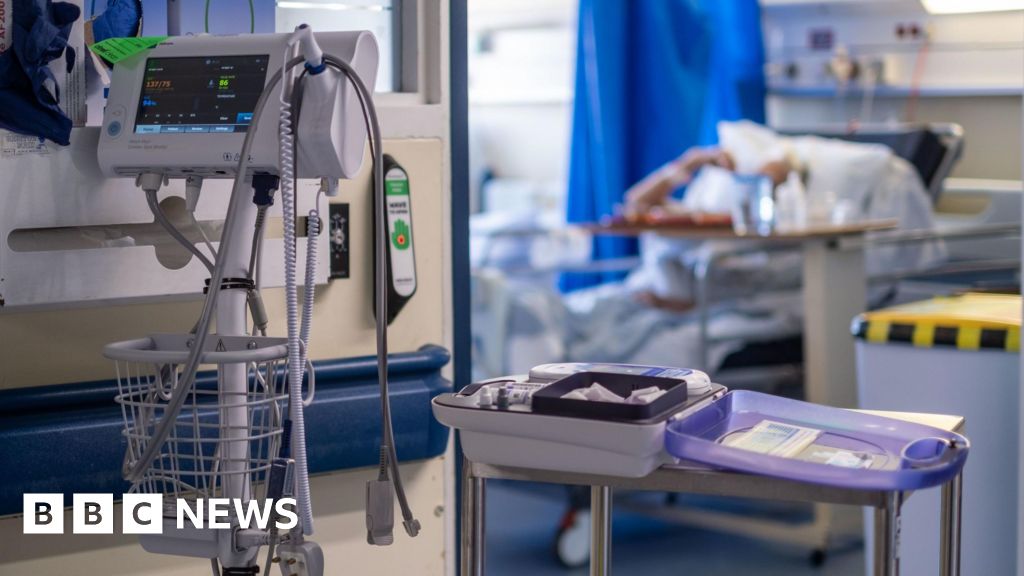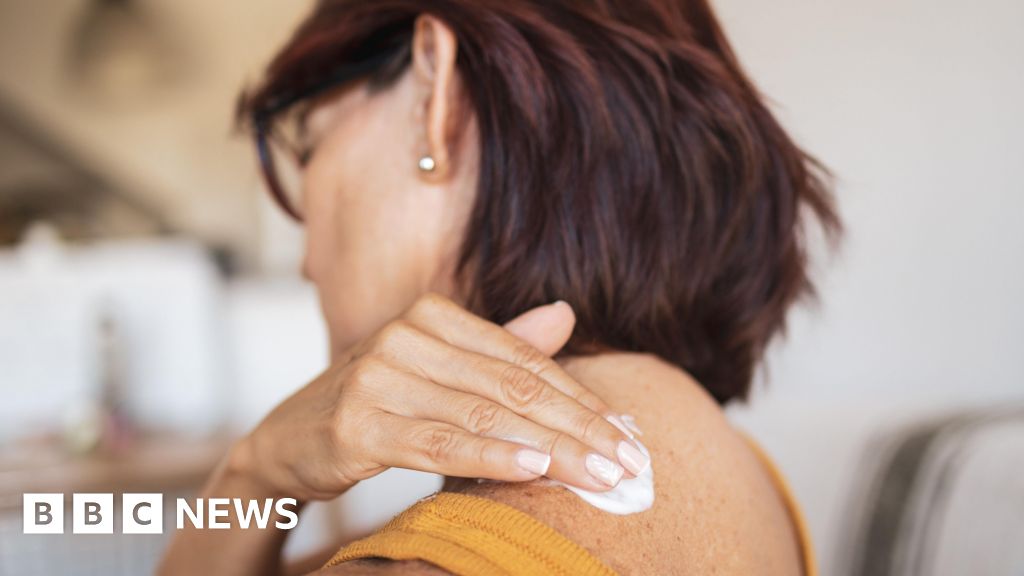ARTICLE AD BOX

Emily Nuttal, now 29, said she struggled with self-harm as a teenager
By Vanessa Fillis, Jonathan Fagg & Emily Unia
BBC England Data Team
Self-harm hospital admissions for children aged eight to 17 in the UK jumped 22% in one year.
The age group is now the largest for self-harm admissions, with all others seeing a drop, according to NHS data.
Charities say early access to support is vital, but high thresholds and long waiting lists mean more young people are ending up in hospital.
The government said it was investing £2.3bn a year in NHS mental health services.
Emily Nuttal, 29, first struggled with self-harm when she was 12. At 13, she was first admitted to A&E.
At that time, she was struggling with changes at school, bullying and troubles at home.
Over the years, she said she had had varied experiences in accident and emergency departments.
"It's been times where it's been really empathetic and passionate people, understanding, supportive. And there's been times where there's been that stigma and judgement."
She said being labelled as "attention-seeking" was really difficult and made it harder to reach out for help again.
"I would then only go if I was forced upon by the crisis service, or if somebody else noticed, and they got people involved," she said.
The National Institute for Health and Care Excellence (NICE) describes self-harm as any act of self-poisoning or self-injury carried out by a person, irrespective of their motivation.
In the year ending March 2022, there were more than 25,000 hospital admissions across the UK for self-harm among children aged eight to 17. This was the highest figure for any age group and made up more than a quarter of total self-harm admissions. In the 12 months prior, there were just under 21,000 admissions for those aged eight to 17.
Since 2017-18, admissions for those aged eight to 17 had small increases each year, before rising by 22% in the last year.
Your device may not support this visualisation
"The number of children and young people who present to hospital is the tip of the iceberg", said Dr Elaine Lockhart, chair of the Royal College of Psychiatrists' Child and Adolescent Faculty.
She said the negative impact of the Covid pandemic and lockdowns, with school closures and loss of routine, led to more children and young people presenting in crisis.
Dr Lockhart added that this came at a time when their mental health was already affected by "much more difficult social-economic difficulties, increasing social inequality and access to harmful social media content".
Emily Gardiner said it was hard to be passed between people and not know if she would be judged for self-harming
Kerry McLeod, head of content at the charity Mind, said that despite rising self-harm rates in England, young people faced an agonising wait in a system struggling to keep up with demand.
"With the right help and support, young people can reduce and eventually stop self-harming. Funding for children and young people's mental health services is vital to make sure that all young people can get the help and support they need," she said.
The Children's Commissioner for England recently expressed concern that mental health services for children "may not be able to cope with the additional pressure" of increased demand. In a report, they found "the percentage of children who had their mental health referrals closed without accessing treatment has increased, back up to nearly a third".
Emily Gardiner, 37, was admitted to hospital due to self-harm multiple times as a teenager.
Describing it as "an isolating place to be", she now volunteers with the charity Battle Scars and works with other people who are self-harming.
She said what she really needed as a teenager was continuity: "Having a person that you could touch base with about any self-harm issues, someone who isn't going to judge you."
Ms Nuttal agrees, saying she felt safer to reach out when she had consistency in service.
"But when it's been different people," she said. "It can be really challenging, because then you feel like you have to get to know them, and they might judge you or make assumptions quite quickly."
Dr Lockhart said that while continuity of care is helpful, it is currently difficult to achieve due to "the pressures within the workforce across health and social care".
A Department of Health and Social Care spokesperson said: "Self-harm is a complex issue and we are funding research to monitor and understand the reasons why increasing numbers of young people are doing this.
"We are also improving access to NHS-funded mental health services by investing £2.3 billion a year, meaning an additional 345,000 children and young people will be able to access the support they need."

 2 years ago
89
2 years ago
89








 English (US) ·
English (US) ·